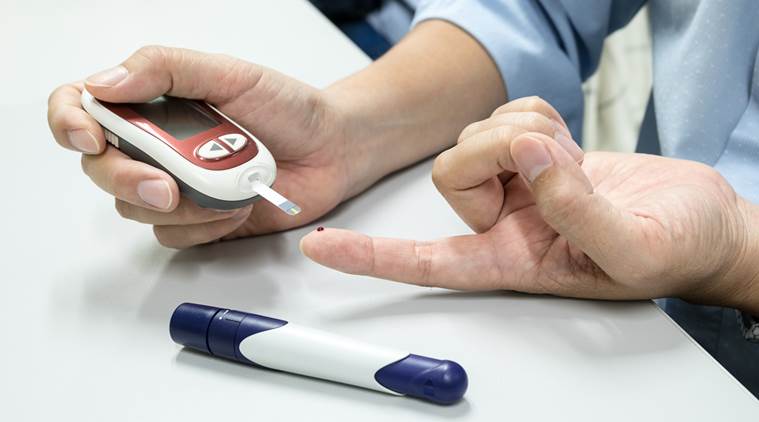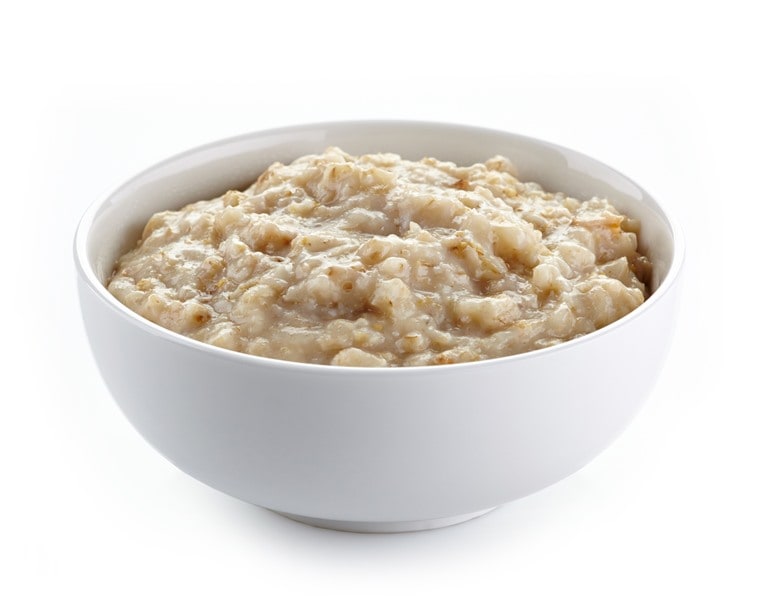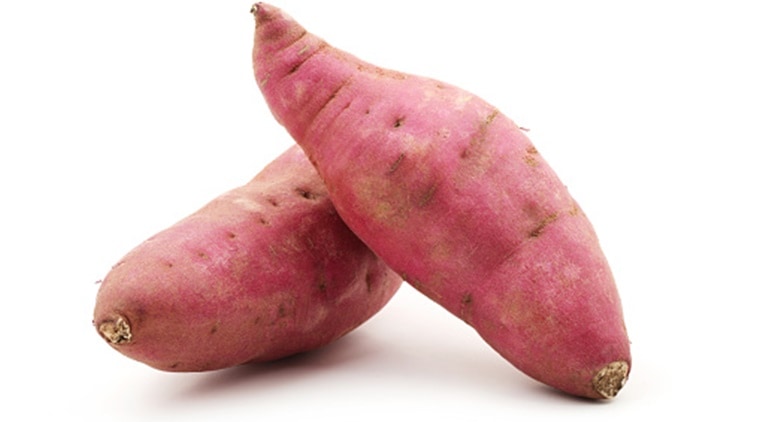Unless a person has well-controlled diabetes, he/she should not fast without medical consultation and supervision.

During the nine-day long festival of Navratri, which began yesterday, many people observe a fast and offer their prayers to Goddess Durga or Shakti. Though limited fasting is considered good for adults as it allows the digestive system to rest and help the body detoxify, Avni Kaul, nutritionist, certified diabetic educator, and founder, NutriActivania says that fasting and consuming limited diet for 9 to 10 days continuously can trigger serious health issues, especially if the person is diabetic.
“Unless a person has well-controlled diabetes, he/she should not fast without medical consultation and supervision. Even with a controlled diabetes condition, person should ideally consult a medical expert first and then opt to fast with a well-planned diet,” she tells indianexpress.com.
To help you have a healthy Navatri, the nutritionist shares a few tips.
Pre-fast meals

Prepare for the fasting period by eating slow-release carbohydrates, also known as complex carbohydrates, like dalia, roti with vegetables and dals a day or two before fasting. These balanced meals must include unrefined cereals, pulses and lentils, vegetables, fruits, and limited oil. Keep yourself well hydrated throughout.
Continue to check blood sugar level
While fasting during Navratri, diabetics should check their blood sugar level both in morning and at night. In case the person complains of any physical discomfort he/she should be immediately taken to the hospital.
ALSO READ | Navratri fast Recipes: These easy healthy recipes will appeal to your taste buds
Customised fasting
Over the years fasting has evolved depending on various factors, including people’s health condition. Now most people (with health conditions) fast with relaxations that make it convenient. Consult with your physician or dietitian to plan your meals. For people with diabetes, it is always good to have smaller frequent meals every 2-3 hours rather than one large, high-calorie meal at the end of the day. It is best that you explain your fasting beliefs, like the number of meals allowed and the restriction of cereals and water, to your dietician so that they can give you a meal plan that provides proper nutrition while maintaining steady blood glucose levels.
Carbohydrates

Your body is requires carbohydrates as they are an important source of energy. Eat baked or boiled potato or shakarkandi (in moderation) or a bowl of fruits to get the needed carbohydrates when fasting. For good diabetes management, a nice portion of cereals like amaranth atta roti , kuttu atta roti , singhahre atta dosa, samak chawal with curd should be combined with other foods like vegetables and dietary fibers like ghia, cucumber, tomato, kaddu to lower their glycemic load. People with diabetes must aim for 45-60 grams of carbs per meal and 15-20 grams per snack.
Proteins
Several protein sources, like certain dals, are restricted during fasting. But you can include other sources of proteins like dairy products in the form of dahi, paneer, milk, amaranth, pumpkin and palak.
ALSO READ | Navratri 2019: Puja Vidhi, Timings, Muhurat, Samagri List, Mantra, Procedure, Process
Fats and Calories
Most of the Navratri thalis include fried and oily foods, which can be quite harmful. Ensure to make your own version of a Navratri thali with very little oil. Avert deep-frying, and instead opt for boiling, grilling, baking or steaming the food items. One can eat low-fat beetroot halwa, and baked potato but in moderation only.
Also, keep yourself well-hydrated with water and low-calorie drinks like lassi, nimbu pani, green tea, mint water, and cardamom tea.
Source: Read Full Article
